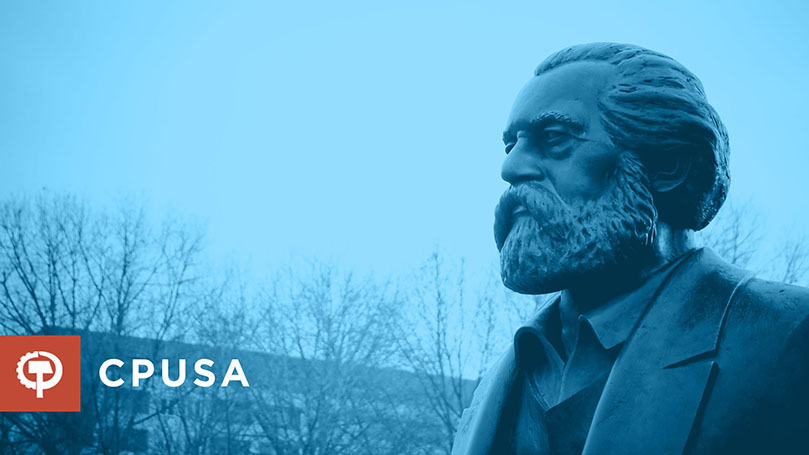
- What does it mean for a class to hold state power?
a. A class holds state power when it controls a major party;
b A class holds state power when its party has a majority in the legislature and controls at least one other branch of government;
c. A class holds state power when it can consistently make laws and policies in its own interests and use the police and the courts to enforce them;
d. State power is always shared because the state’s function is to allow the co-existence of antagonistic classes.
2. “The State,” wrote Marx in The German Ideology, “is the form in which the individuals of a ruling class assert their common interests”—in other words, the state is a tool of class power. How, then, do we account for the fact that a section of the ruling class is opposed to the Trump regime?
a. Trump faces opposition from within the ruling class because his economic and foreign policy goals align with the interests of workers;
b. The ruling class is divided over where its common interests lie, and the working class can take advantage of that infighting to advance its own political power;
c. Anti-Trump billionaires like Michael Bloomberg have broken with their own class interests and embraced those of the working class;
d. The broad resistance to the Trump regime shows that Marx’s analysis is no longer relevant.
3. “The working class cannot simply lay hold of the ready-made State machinery and wield it for its own purposes.” Such was Marx’s conclusion from the events of the first socialist state, the Paris Commune. In light of this insight, how should we interpret calls to abolish the Supreme Court, break up the two-party system, rewrite the Constitution, etc?
a. Those demands should be taken up by every partisan of the working class. With the old institutions out of the way, the working class will be able to create new and better ones.
b. Marx was reminding workers that their main struggle is in the workplace, over immediate economic issues. Let the capitalists worry about the capitalist state.
c. The form of the state is a question of class power. Calling to reshape the state when our class lacks the unity and political organization to lead that process is a non-starter, at best.
d. Demands like these are an important part of propaganda work. They help dispel illusions about the nature of the capitalist state.
4. Communism is a form of society that can only exist after socialism has eliminated classes and class antagonisms. In terms of the state and its role, what is the difference between socialism and communism?
a. Under socialism, the state will be heavily bureaucratic and centralized, while a communist state will be based on direct, participatory democracy;
b. Under socialism, we will have multiple parties, while a communist state will have only one;
c. Under socialism, power will be shared between classes, but in communism the working class has complete control;
d. Under socialism, the working class will use state power to reshape society in its own collective interest, but a classless communist society will no longer need a repressive state.
5. What qualifies a political change as revolutionary, in the Marxist understanding of the term?
a. A political revolution can only be accomplished by violence–otherwise, it’s a reform;
b. A political revolution changes the class basis of power;
c. Marxists use the term ‘revolution’ loosely, to describe any significant political change;
d. To qualify as a revolution, political change must be accomplished under the leadership of a vanguard party.
- Tags:
- Marxist IQ


 Join Now
Join Now